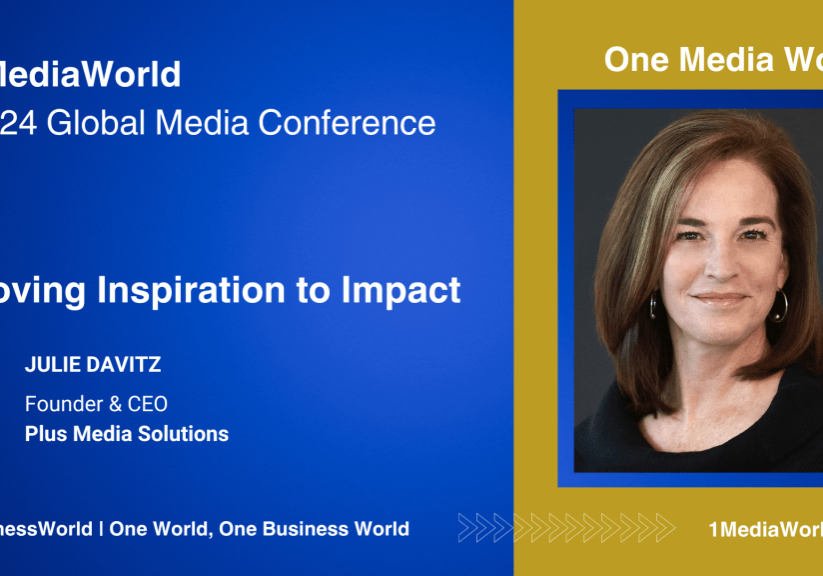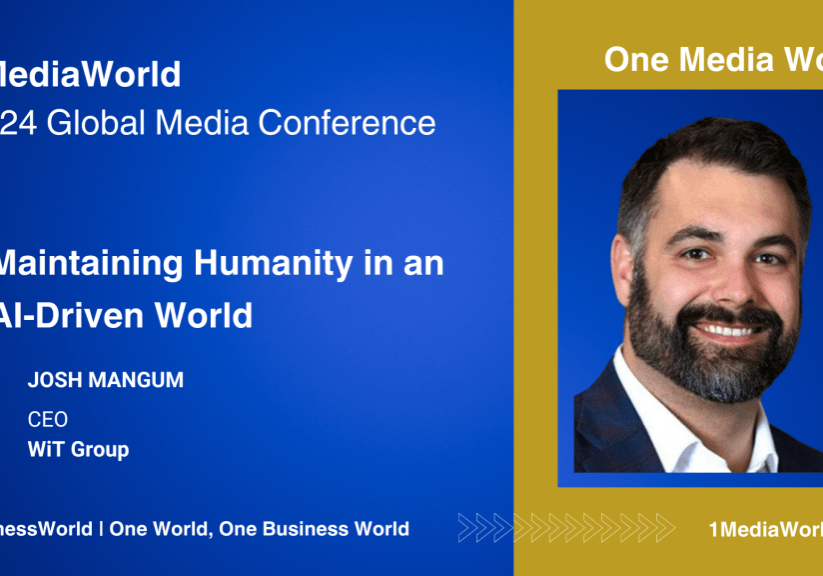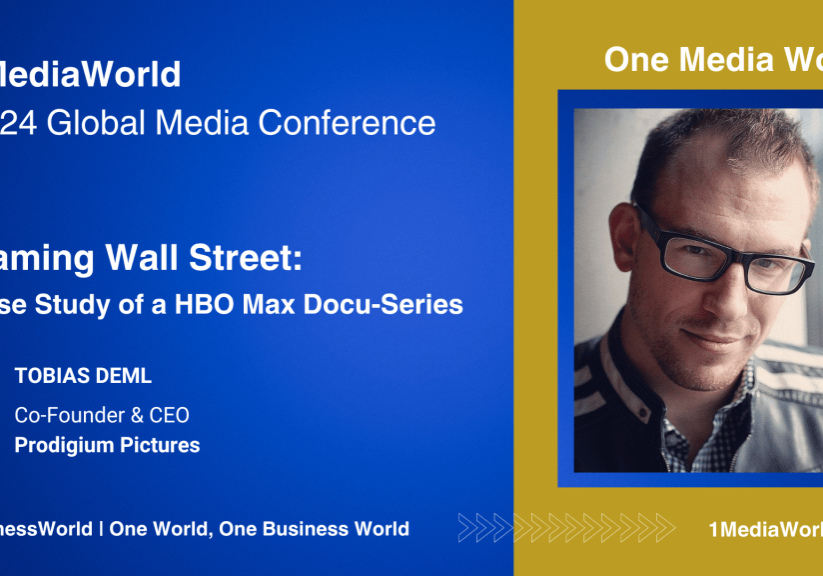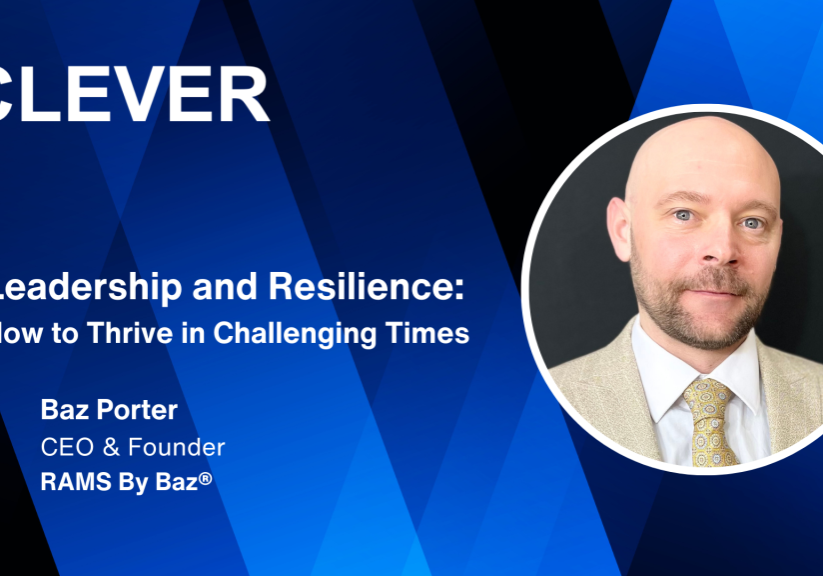
They’re high-return exchange-traded funds carrying big risk premiums.Known as leveraged ETFs, ProShares Advisors’ Simeon Hyman embraces them — running his firm’s UltraPro QQQ and UltraPro Short QQQ funds.”There are a range of uses,” the firm’s global investment strategist told CNBC’s “ETF Edge” last week. “What if I’m about to harvest some losses on my high-flying tech fund? Well, I go harvest losses. I can use a ProShares Long QQQ, and I can have my exposure to the end of the year and figure things out later.”Leveraged ETFs are considered sophisticated funds. They reset every day and use debt, equity swaps and financial derivatives to capitalize on price movements.ProShares is considered a leader in the space. Its UltraPro Short QQQ ETF is up over 54% so far this year. But its UltraPro QQQ ETF is off almost 74% in the same period.Hyman believes leveraged ETFs are valuable to the marketplace despite the potential for vastly different performance outcomes.”We forget that democratization is important, but also the fact that it’s efficient. Even folks who could replicate that using the underlying instruments can often find our vehicles to be very efficient,” Hyman said.”ETF Edge” host Bob Pisani noted during the show they’re getting increasingly complex.”Leveraged and inverse ETFs have been used successfully by investors for 25 years to manage risk and enhance returns, and these funds have performed as designed in a wide variety of market conditions,” Hyman wrote in a separate statement to CNBC. “Like all investment products, geared ETFs should only be purchased by investors who feel they understand the risks and benefits.”Deborah Fuhr, founder of independent research firm ETFGI, suggests FINRA should take a closer look at leveraged ETFs.”FINRA did a consultation back in May to figure out how they should look at complex products. They want to think about how they should be defined,” Fuhr said in the same segment. “Should there be sales practices? Should inve …












